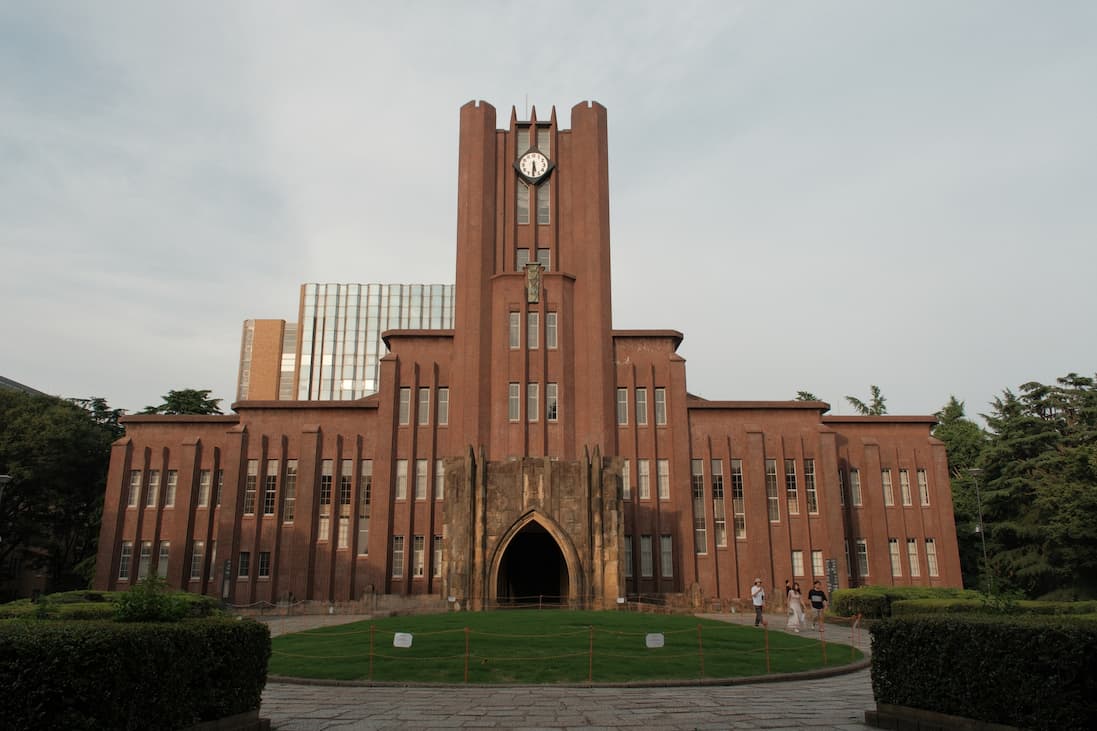A team of researchers from the University of Tokyo has synthesised what appears to be the most effective solid-state cooling material ever discovered. The compound, known as cyano-RbMnFeCo, exhibits a huge reversible barocaloric effect, meaning it heats and cools significantly in response to changes in pressure.
According to the study, published in Nature, the compound exhibits reversible adiabatic temperature changes of 85 degrees kelvin (K) (from 88°C to 3°C) at a pressure of 560 megapascals (MPa). Interestingly, it also appears to be an geffective refrigerant at much lower pressures: at 90 MPa, the material had a reversible adiabatic temperature change of 21K.
The scientists repeated the pressure application and removal process 103 times, finding no degradation in the compound’s thermal performance. The study also highlights the high thermal conductivity value of cyano-RbMnFeCo: 20.4 W m−1 K−1.
In recent years, various new solid-state heating and cooling technologies have generated excitement in the industry. It remains to be seen whether there is a pathway for mass market adoption, though the effectiveness of the new material may well pique manufacturers’ interest.
Image courtesy of Te Lun Ou Yang via Unsplash.
 Nick Johns-Wickberg
Nick Johns-Wickberg


Leave a Reply